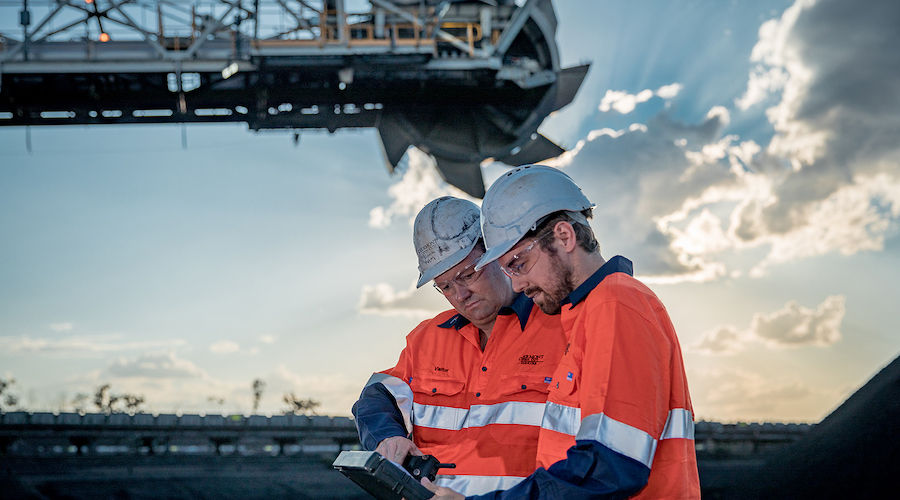Glencore ready to spin-off coal unit after sealing Teck buy

Glencore (LON: GLEN) is moving ahead with plans to spin-off its profitable but polluting thermal coal business after clinching on Tuesday a $6.93 billion deal for the coal division of Canada’s Teck Resources (TSX: TECK.A, TECK.B)(NYSE: TECK).
The Swiss mining and commodities trader said it would merge Teck’s steelmaking coal business with its own coal assets, after which it would demerge the combined unit.
Chief executive Gary Nagle said the plan is to list the integrated coal unit on the New York Stock Exchange within two years of completing the acquisition.
The move would allow Glencore to focus on metals such as copper, nickel and zinc, while the new company deals with coal. Such strategy, Nagel said, will create more value for shareholders of both businesses.
The Baar-based firm spent much of the year in an open battle with Teck after the Canadian miner rejected its unsolicited $23 billion offer. The bid, while unsuccessful, was enough to disrupt an earlier plan by Teck to spin off its coal business.
The Vancouver-based miner, which will now have no exposure to coal, said it will use the proceeds to pay off debts, build new metal mines and return value to shareholders.
As part of the deal, Glencore will pay $6.93 billion for a 77% interest in Teck’s coal assets, while steelmakers Nippon Steel Corp. and Posco Holdings Inc. will own the rest.
Glencore, which produces and trades thermal coal used to produce electricity as well as smaller amounts of coking coal to make steel, will also pay $250 million to $300 million to acquire a shareholder loan made by Teck to the coal business.
“I don’t think this is a second prize,” Nagle said on a conference call following the announcement. “We’ve done very well acquiring an excellent asset.”
Allan Gray, a South African asset manager and top-30 shareholder in Glencore, said the move shows how much importance the Swiss giant places in the role that coal can play in meeting the world’s energy and infrastructure needs.
While the firm has no doubts the acquisition would create a “bigger and better coal business”, it had its reservations regarding the planned spin-off, which would have to be approved by shareholders.
“We are not convinced financial engineering will result in two halves greater than the whole, and we like how the existing thermal coal business can act counter cyclically to the fortunes of their future facing commodities businesses,” Rory Kutisker-Jacobson, portfolio manager at Allan Gray, told the Financial Times.
Glencore’s acquisition is expected to close in the third-quarter next year. Teck will keep operating the coal business until then and may earn as much as $1 billion during that time, it said.
The head office for the steelmaking coal business, which analysts say should generate between $5 billion and $6 billion a year in free cash flow, will be set up in Vancouver, the companies said.
Global demand for coal reached an all-time high of 8.3 billion tonnes in 2022, half of which came from China, according to data from the International Energy Agency (IEA).
More News
{{ commodity.name }}
{{ post.title }}
{{ post.date }}




Comments